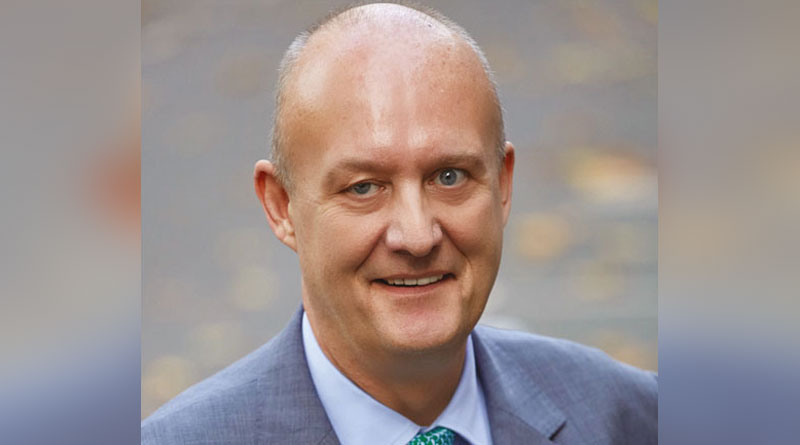We Must Work Collaboratively to Help Sustain the Sector Says Care England
Care England has issued a raft of measures to the sector aimed at reducing costs and curing complexities to create efficiencies.
Professor Martin Green OBE, Chief Executive of Care England says:
“It is vital to remain pragmatic in these challenging times and this latest initiative is something we hope will help go towards stabilising the adult social care market. Care England and Hft’s Sector Pulse Check 2022 report found that the adult social care sector is on the precipice. We know that fee levels are the principal determinant of a sustainable market and recognise the financial pressures facing Local Authorities which, according to the Local Government Association, will see a further 9% increase in the cost of Social Care in 2023-24, this is of course off the back of 2022-23 inflation which equates to around 14% for care providers.
On top of this, the Government requires Local Authorities to utilise funds from 2022-23 through to 2024-25 to move toward the Fair Cost of Care. As such, any Local Authority that is offering uplifts less than inflation is unable to meet this requirement and is consequently failing to achieve the required reform objective. The solutions Care England has highlighted to system partners, including care providers and local decision-makers, can be implemented with relative ease to improve the financial position of care providers, in addition to fee uplifts, to help meet this obligation with minimal cost impact to Local Authorities, or which can be funded via its current funding allocation from central government.”
The Independent Providers Support Briefing is available on the Care England website and contains a host of measures which cover key issues afflicting adult social care providers.
These measures include:
• Recruitment and Retention – Employee referral, reward, and recognition app Care Friends has been proven to recruit and retain staff longer for half the costs of traditional recruitment methods and introduce more new and loyal individuals to the sector.
• Energy Costs – Care England instigated support for care providers with energy procurement by consolidating buying power for energy, which is delivering up to 36% savings and has helped to recover £3.5m in VAT and CCL charges, as well as providing articles and briefings outlining practical steps that can be taken to minimise and save on energy costs.
• VAT – Care providers are currently unable to recover input VAT, unlike most UK businesses. Care England continues to run webinars on how care providers can recover VAT through restructuring and is encouraging providers to ask their respective Local Authorities to support VAT recovery and use the information provided to recover VAT where possible.
• Procurement – Care England is offering procurement support by combining purchasing power with other care providers to achieve economies of scale.
• Fees – Care England has produced materials designed to help navigate the complex process of challenging Local Authority annual fee uplifts and the options open to providers.
• Personal Budgets – Information for care providers to understand the part they play in contributing to Local Authority fees offered and maintained below the cost of care.
Martin Green continues: “The Government will be injecting £7.5bn into social care over the next two years, but the reality is this figure leaves far less than is needed to address the catastrophic inflation experienced, let alone wider measures such as discharge or funding new packages of care.”
“We must work collaboratively over the coming months to help sustain the sector. We acknowledge the financial position of Government and Local Authorities, and hence why we are offering the above solutions beyond a fee uplift which can have an equally significant inflation-busting impact on care providers and support sustainability, which can be legitimately funded via the current Government financial settlement.”
However, Local Authorities must recognise the role they play in perpetuating the unsustainability of the sector. Care providers have historically continued to accept residents at rates below the actual cost of providing care. This has led Local Authorities to set personal budgets at fee levels that are simply unsustainable.”
“A new reality must be imposed where care provider costs are brought into the conversation with a Local Authority when setting personal budgets. Care England is keen to help build bridges by broadening the conversation with commissioners and demonstrating that provider engagement should not wholly be about fee negotiation once a year. In the interim, the measures outlined in our Independent Providers Support Briefing would bring about immediate relief to a struggling sector equal to that of a 5%-10% uplift in care provider fees.”






